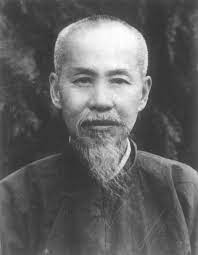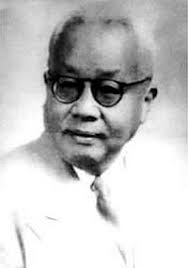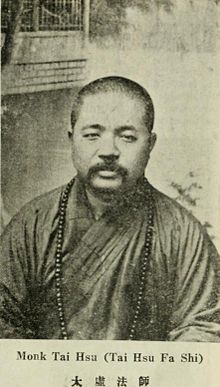Yeh Kung-cho (1881-), government official who specialized in railway administration. He was a protege of Liang Shih-i (q.v.) and a prominent member of the so-called communications clique. In 1921 he founded Chiao-t'ung University, which became one of China's leading engineering schools. A native of Panyü, Kwangtung, Yeh Kungcho was born into a well-to-do family with […]






